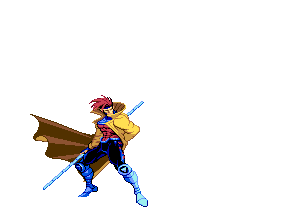A development of the Dreamcast home game console, the NAOMI and Dreamcast share the same hardware components: Hitachi SH-4 CPU, PowerVR Series 2 GPU (PVR2DC), and Yamaha AICA based sound system. NAOMI has twice as much system memory, twice as much video memory, and 4X as much sound memory. Multiple NAOMI boards can be 'stacked' together to improve graphics performance, or to support multiple-monitor output. A special game cabinet for the NAOMI, NAOMI Universal Cabinet, houses up to sixteen boards for this purpose.
The other key difference between NAOMI and Dreamcast lies in the game-media. The Dreamcast reads game data from GD-ROM optical disc, while the NAOMI arcade-board features 168 MB of solid-state ROMs or GD-ROMs using a custom DIMM board and GD-ROM drive. In operation, the Naomi GD-ROM is read only once at system powerup, downloading the disc's contents to the DIMM-Board RAM. Once the download is complete, the game executes out of RAM, thereby reducing mechanical wear on the GD-ROM drive.
Unlike Sega's previous arcade platforms (and most other arcade platforms in the industry), NAOMI is widely licensed for use by other game publishers. Games such as Mazan, Marvel Vs. Capcom 2 and Guilty Gear XX were all developed by third-party licensees of the NAOMI platform. An offshoot version of the NAOMI hardware is Atomiswave by Sammy Corporation.
After nine years of hardware production, and with new game titles coming in 2008 like Melty Blood: Actress Again and Akatsuki Blitzkampf AC, NAOMI is considered to be one of the longest running arcade platforms ever and is comparable in longevity with the Neo-Geo MVS.










